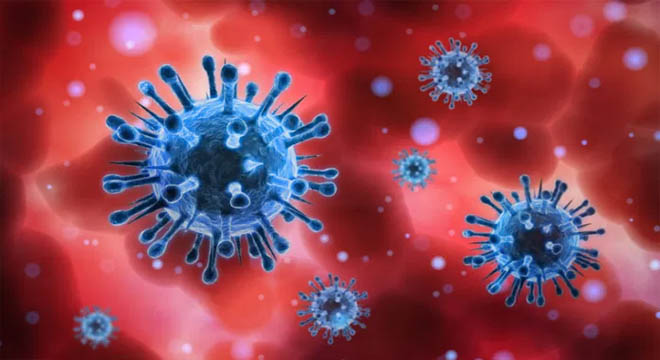NEW YORK, : The Coronavirus pandemic has claimed the lives of more than a quarter of a million Americans, as of Wednesday night, marking a grim milestone just under 11 months since the first case was identified in the U.S. on January 20, according to Johns Hopkins University, a research institution.
The U.S. remains the country with the most fatalities in the world, its 250,029 deaths exceeding the death toll of the next-hardest hit country, Brazil, by more than 83,000, the university said.
It comes as cases and hospitalizations continue to climb steeply — a record 76,958 people being treated in U.S. hospitals as of Tuesday and nearly 162,000 new infections, with the number expected to keep climbing steeply as infections surge nationwide.
Experts predict that the U.S. could soon be reporting 2,000 deaths a day or more, matching or exceeding the spring peak, and that 100,000 to 200,000 more Americans could die in the coming months.
Just how bad it gets will depend on a variety of factors, including how well preventive measures are followed and when a vaccine is introduced.
The alarming number of infections has prompted some U.S. states and counties to reinstate a set of of the more restrictive preventative measures — such as shutting down businesses and restaurants and limiting the number of people at gatherings — to slow the spread of the deadly virus and prevent hospitals from being overwhelmed with patients who are severely ill.
President Donald Trump has continued to downplay the seriousness of the pandemic and the rising death toll during his final days in office, telling supporters at packed rallies that the US is “rounding a corner” despite all evidence to the contrary.
President-elect Joe Biden, meanwhile, has established a COVID-19 task force with no assistance from the Trump administration. Biden’s transition team has so far been locked out of the government’s detailed data on COVID-19 testing, therapeutics, medical supplies, hospitalizations, and more.
Speaking publicly for the first time since the election about the pandemic on Nov. 13, Trump, who has not conceded despite losing, asserted it would be his administration that would facilitate the distribution of a coronavirus vaccine.
The past week has come with some good news for coronavirus vaccines in the US. Earlier this week, the drug company Moderna announced preliminary results from its coronavirus vaccine trial, suggesting its vaccine was 94.5% effective at preventing COVID-19.
On Wednesday, another drug company, Pfizer, released its completed clinical trial data, showing its vaccine was 95% effective.
Both companies have said that they plan to apply for emergency approval from the Federal Drug Administration (FDA) soon. Vaccines could be distributed to health care workers as soon as December and to the rest of the population by as early as April.
Still, efforts to tackle the rapid spread of the virus through social measures, such as having businesses shut down temporarily or mandating masks, remain extremely divisive, despite studies showing that masks significantly reduce infection rates.
“This administration will not go, under any circumstances, will not go under a lockdown,” Trump said.
Some state politicians have echoed the president’s sentiment. Texas Attorney General Ken Paxton on Friday, Nov. 13, slammed El Paso County after local officials called for a shutdown following a surge in COVID-19 cases in recent weeks.
Anthony Fauci, the director of the National Institute of Allergy and Infectious Diseases, warned that the country was headed toward a challenging winter with the pandemic as some states and local jurisdictions had loosened restrictions that had previously slowed the spread of the virus.
As the holiday season and prospect of family gatherings approach, health officials have also pointed to small indoor gatherings as the cause behind a surge of COVID-19 infections.
The coronavirus has been shown to spread more easily indoors, where there is a higher risk of breathing in the virus via aerosols that can linger in the air.
Follow the PNI Facebook page for the latest news and updates.









